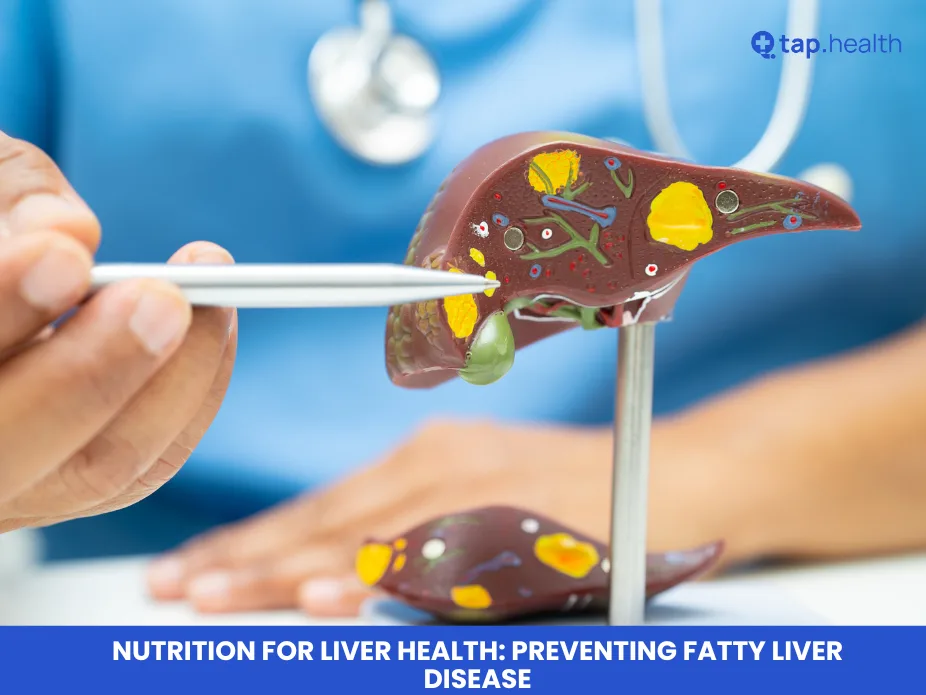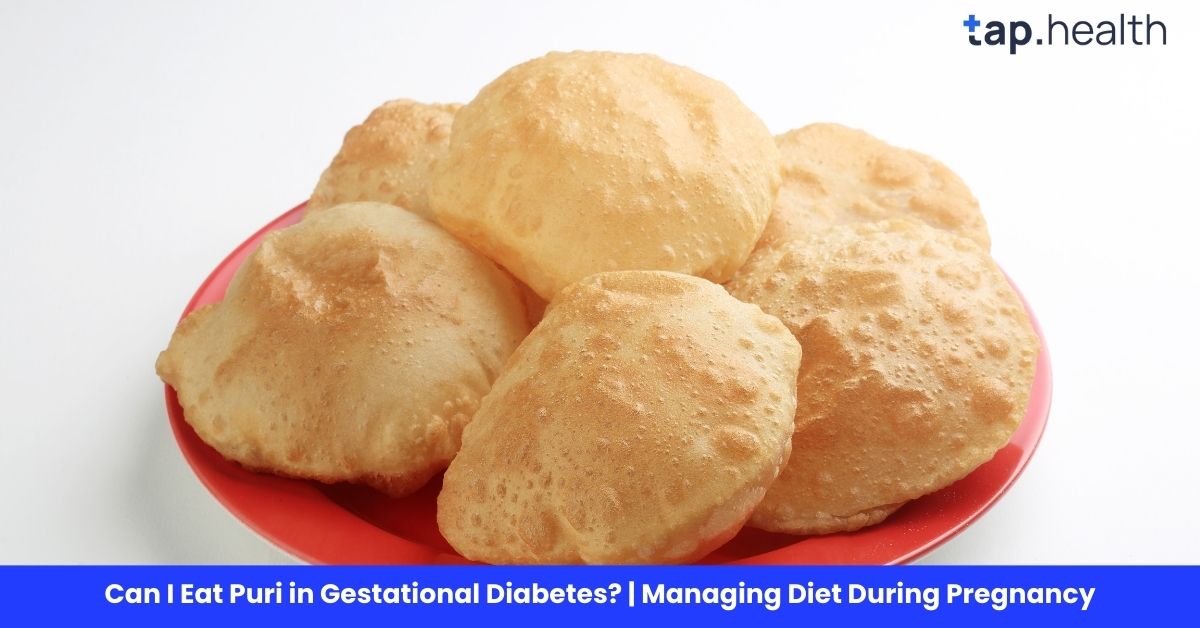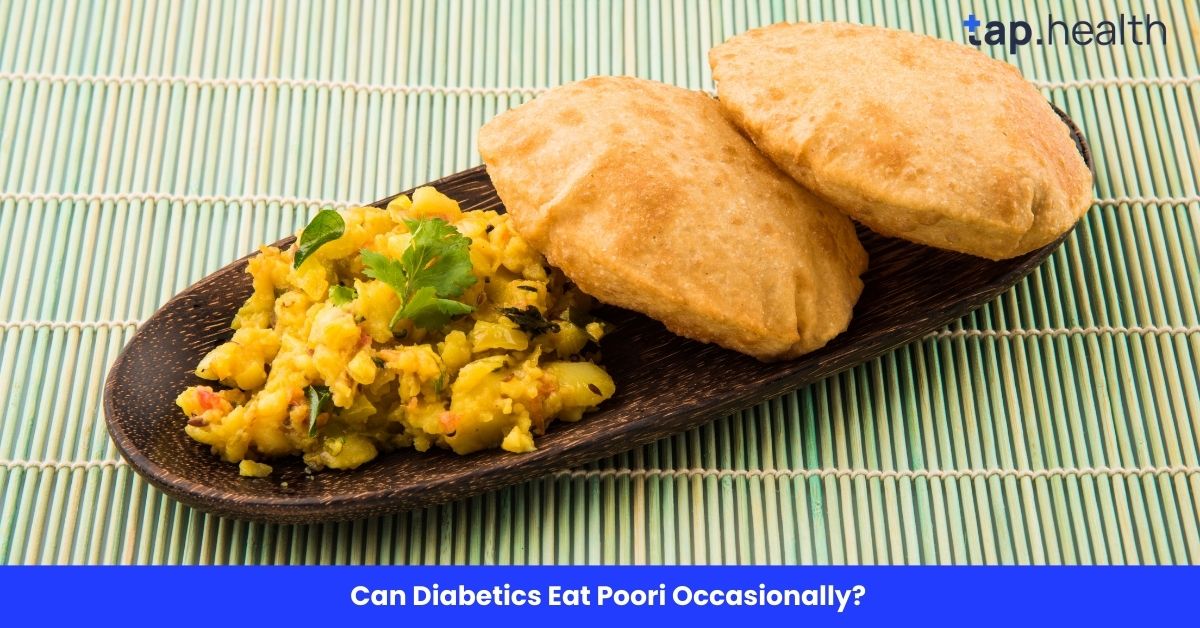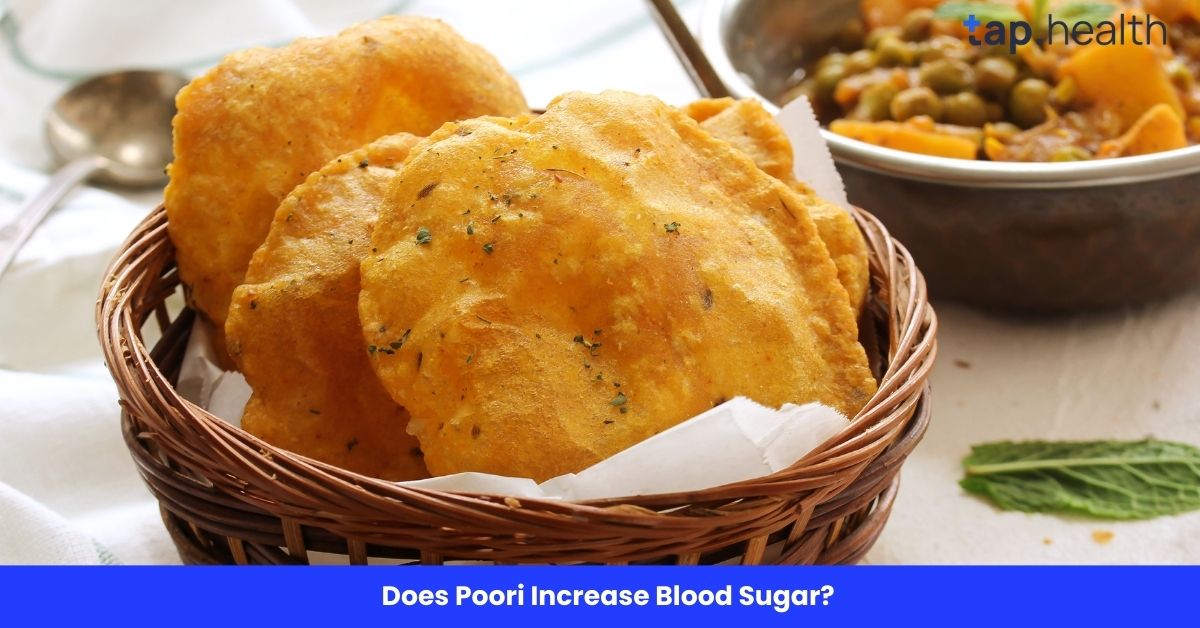What is Fatty Liver Disease and Why Nutrition Matters?
Fatty liver disease occurs when excess fat builds up in liver cells. It is divided into Non-Alcoholic Fatty Liver Disease (NAFLD) and Alcoholic Fatty Liver Disease (AFLD). NAFLD is now the most common chronic liver condition worldwide, closely linked to obesity, insulin resistance, type 2 diabetes, high triglycerides, and poor diet.
Left unmanaged, simple fatty liver can progress to non-alcoholic steatohepatitis (NASH), fibrosis, cirrhosis, and even liver cancer. The good news? Nutrition is the most powerful tool to prevent and even reverse early-stage fatty liver disease.
Top Foods for Liver Health and Fatty Liver Prevention
1. Include Omega-3 Rich Healthy Fats
Omega-3 fatty acids reduce liver fat, lower inflammation, and improve insulin sensitivity.
Best sources:
- Fatty fish (salmon, mackerel, sardines, trout)
- Walnuts, flaxseeds, chia seeds
- Extra virgin olive oil and avocados
2. Boost Soluble and Insoluble Fiber Intake
Fiber improves insulin resistance, lowers cholesterol, and helps reduce liver fat accumulation.
Top fiber-rich foods:
- Oats, quinoa, barley, brown rice
- Berries, apples, pears, oranges
- Leafy greens, broccoli, carrots
- Lentils, chickpeas, beans
3. Strictly Limit Added Sugars and Refined Carbs
Excess fructose and refined carbohydrates are the main drivers of fat buildup in the liver.
Avoid:
- Sugary drinks, sodas, energy drinks
- Pastries, cookies, white bread, white rice
- Processed snacks and sweets
4. Load Up on Antioxidant-Rich Foods
Antioxidants fight oxidative stress and inflammation that damage liver cells.
Powerful options:
- Blueberries, strawberries, raspberries
- Spinach, kale, Swiss chard
- Broccoli, Brussels sprouts, cauliflower
- Green tea (rich in catechins)
- Tomatoes (high in lycopene)
5. Get Enough Vitamin E and Vitamin C
Both vitamins act as strong antioxidants and support liver repair.
Vitamin E sources: almonds, sunflower seeds, spinach Vitamin C sources: citrus fruits, bell peppers, strawberries, broccoli
6. Stay Well Hydrated
Water helps the liver flush toxins and supports detoxification pathways. Aim for at least 8–10 glasses daily. Replace sugary drinks with water, green tea, or herbal teas.
7. Limit or Avoid Alcohol Completely
Even moderate alcohol can worsen fatty liver, especially in NAFLD/NASH. Complete abstinence is safest if fatty liver is already present.
Real-Life Success Stories with Liver-Friendly Nutrition
- Laura (45) reversed early fatty liver in 6 months by adding fatty fish, cutting soda, and increasing vegetables. Her liver enzymes normalized.
- James (60), with type 2 diabetes and NAFLD, lost weight and reduced liver fat significantly within a year by following an omega-3 and fiber-focused diet plus daily walking.
Expert Insights on Preventing Fatty Liver Through Diet
Hepatologist Dr. Michael Chen: “Anti-inflammatory foods, reduced sugar, and antioxidant support are proven to slow or reverse fatty liver progression.”
Registered Dietitian Dr. Sara Thompson: “A Mediterranean-style diet rich in healthy fats, fiber, and whole foods is the gold standard for liver health and NAFLD management.”
Can TapHealth Help Manage Diabetes and Fatty Liver Together?
Yes! TapHealth’s personalized nutrition plans focus on low-glycemic, anti-inflammatory foods that simultaneously improve blood sugar control and reduce liver fat—perfect for people dealing with both diabetes and fatty liver disease.
Sources:
- National Institute of Diabetes and Digestive and Kidney Diseases: Fatty Liver Disease
- American Liver Foundation: Fatty Liver Disease Prevention
- Harvard T.H. Chan School of Public Health: Nutrition and Liver Health
FAQs About Nutrition for Liver Health
Q1: Can a healthy diet cure fatty liver disease?
A healthy diet can’t cure fatty liver disease, but it can reduce fat accumulation, decrease inflammation, and help prevent progression to more severe liver conditions.
Q2: How quickly will dietary changes improve liver function?
The time frame varies by individual, but many people notice improvements in liver enzymes and overall liver health within a few months of making dietary changes.
Q3: Are there any supplements that can help with fatty liver disease?
Some supplements, such as milk thistle, omega-3 fatty acids, and vitamin E, have shown potential benefits for liver health. Always consult your doctor before taking supplements.
Q4: Can fatty liver disease lead to liver cirrhosis?
If left untreated, fatty liver disease can progress to non-alcoholic steatohepatitis (NASH), which may cause liver fibrosis and eventually cirrhosis. Early intervention with diet and lifestyle changes is crucial.
Q5: How much weight loss can improve liver health?
Losing even 5-10% of body weight can improve liver health and reduce fat accumulation in the liver, especially for individuals who are overweight or obese.



